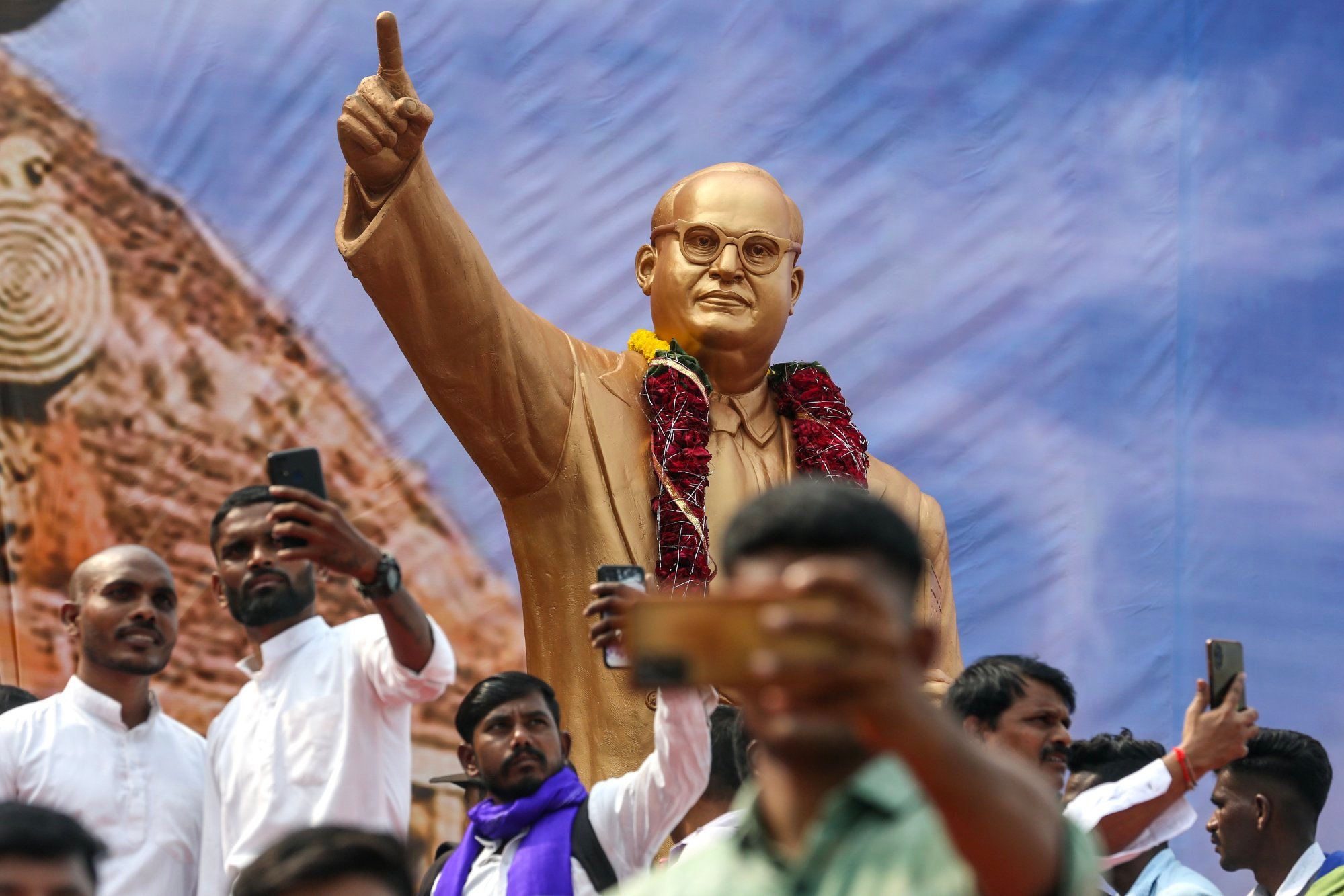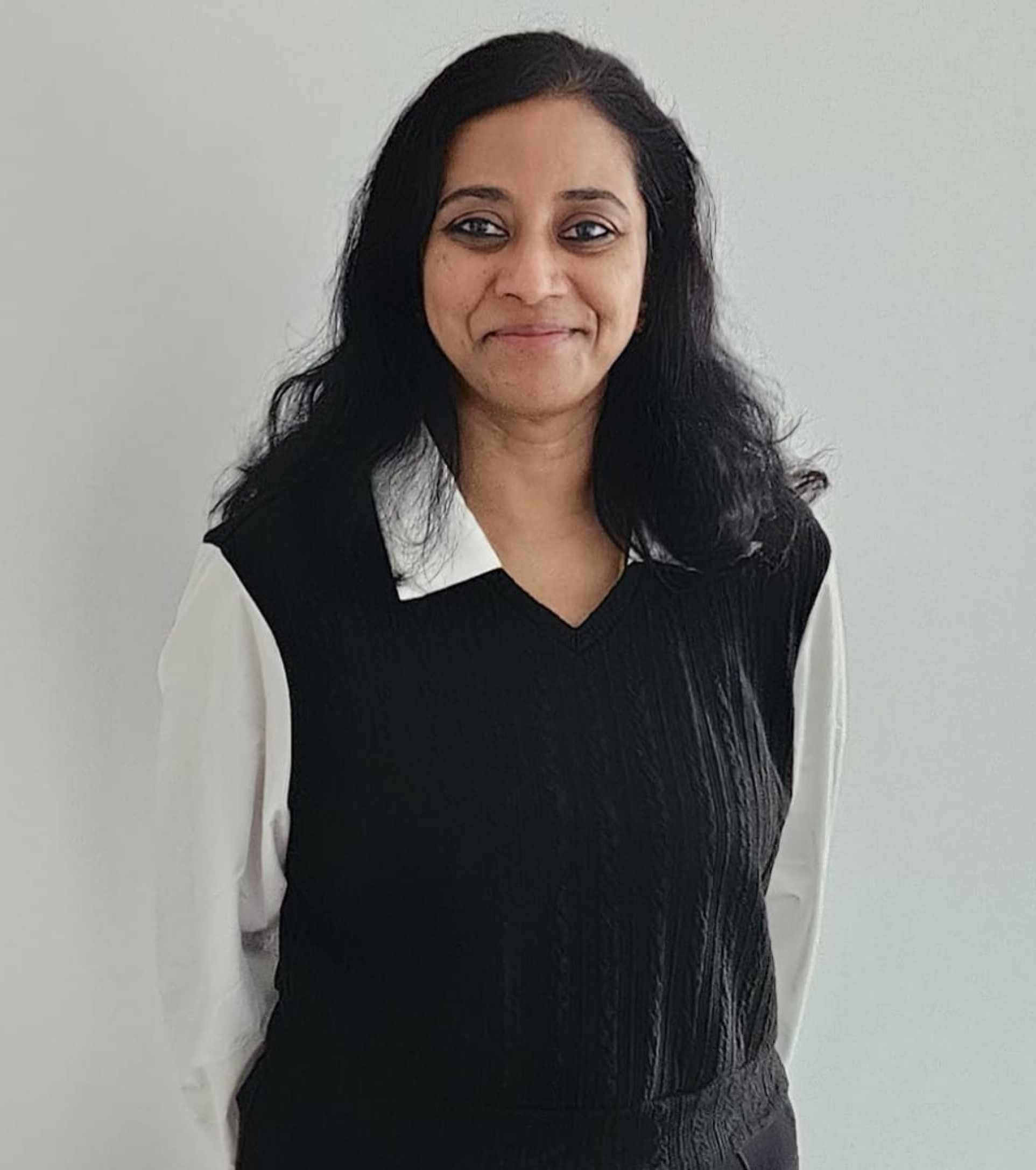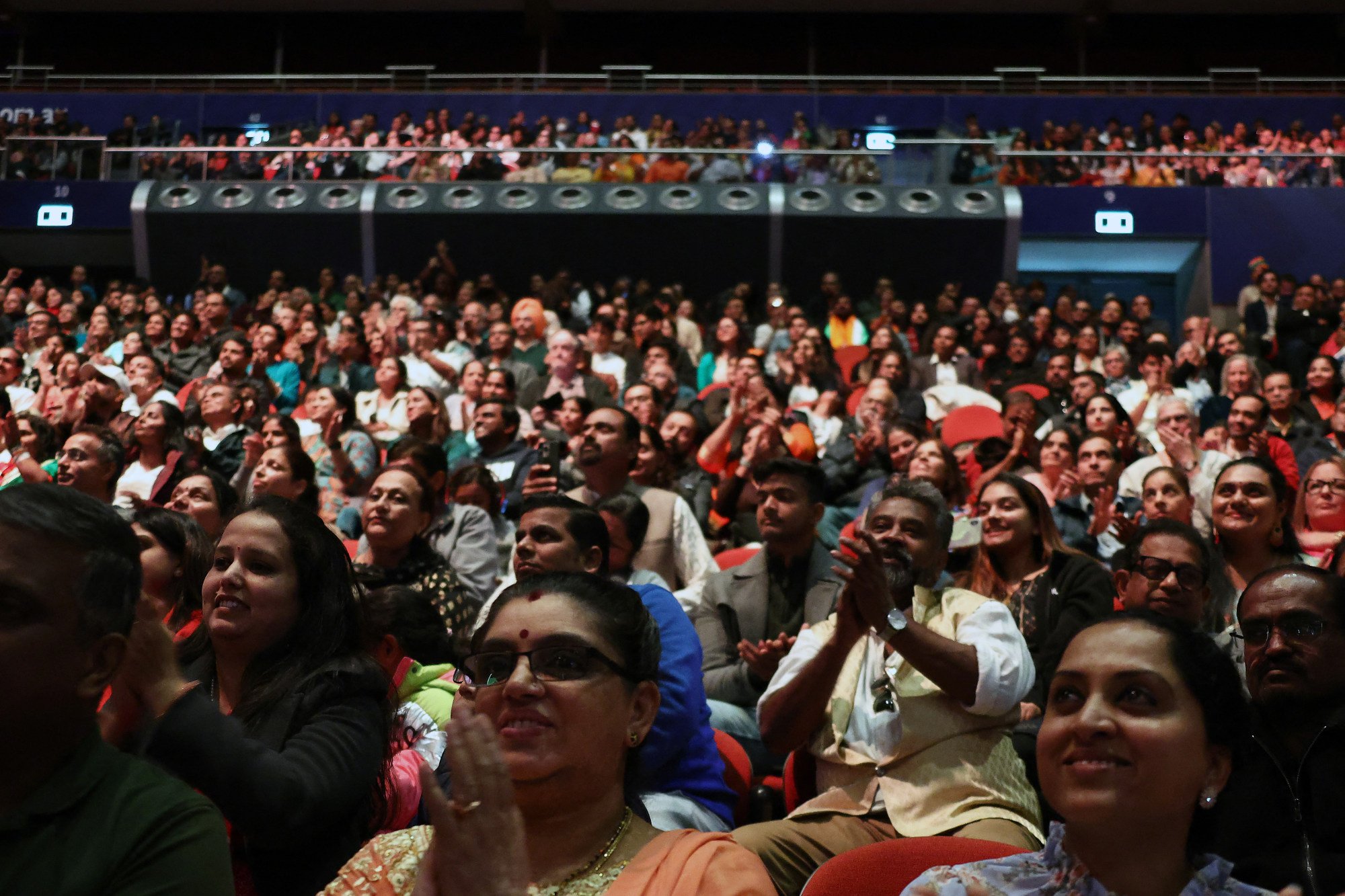This has led to a growing push to include caste as a protected category, alongside race, sexual orientation and others, under Australia’s anti-discrimination laws.
Caste determines social status across vast swathes of South Asia, with surnames often indicating which caste a person was born into. Brahmin and Kshatriya communities are regarded as occupying the top tiers of this Hindu hierarchy, while Dalits inhabit the lowest of the social strata.
Similar but separate caste hierarchies also exist among South Asian Muslims, Sikhs and Buddhists.
No legal recourse
In Australia – home to more than 1.1 million residents who were born in South Asia – associations have been formed that make no secret of their aims: “preserving” upper-caste Hindu culture and “protecting” the best interests of their members.
The Nepalese Hindu Society of Australia, for example, refuses to admit lower-caste priests, while lower-caste Nepalis have also been denied accommodation and jobs by upper-caste members of the diaspora. There have also been instances of lower-caste Sikhs having to open their own places of worship after being denied entry into established gurdwaras.
“We want the [Australian] government to declare caste-based discrimination unlawful under anti-discrimination law,” said Gaikwad, who is a member of the Dr Ambedkar International Mission, a global non-profit rights advocacy group named after the chief architect of India’s constitution and a crusader against the caste system, BR Ambedkar.

Caste was recognised as a form of intersectional racism in 2022 by the Australian Human Rights Commission’s National Anti-Racism Framework, which acknowledged that caste discrimination includes denial of access to housing access and education, as well as exclusion from community and religious activities.
The framework, designed to serve as a long-term central reference point for anti-racism actions to be taken by Australia’s government, police, public institutions and the wider community, also said there was a “need” to consider caste as a protected category in anti-discrimination legislation and policy.
It considered the lived experience and insights of multicultural communities across the country – including those “with caste systems” – who were surveyed by the Federation of Ethnic Communities’ Councils of Australia, the national body representing Australians from culturally and linguistically diverse backgrounds.
How South Asians face caste discrimination even in Australia, US, UK
How South Asians face caste discrimination even in Australia, US, UK
But for now, such discrimination is not explicitly recognised under Australian law and Gaikwad said awareness among the authorities was low to non-existent, leaving those who have been discriminated against because of their caste with no real legal recourse.
The Coalition Against Caste Discrimination (CACD) – a collective of three organisations committed to promoting equality and justice for all – has written to government bodies such as the local council in Parramatta, home to the largest South Asian population in Australia, and multicultural bodies in New South Wales state and the Australian Capital Territory (ACT) expressing concern over widespread caste-based discrimination and the exclusion of caste-oppressed communities from government bodies, policies, and legislation.
Examples of this discrimination include the absence of lower-caste Hindus on the New South Wales government’s Faith Affairs Council – despite it incorporating representatives from a Hindu organisation that promotes an authoritative book on the caste system – and a lack of caste-oppressed community consultation by the ACT government when it drew up its multicultural action plan, or community representation when it established its Ministerial Advisory Council for Multiculturalism, according to Sumathy Vijayakumar, general secretary of the Canberra-based Periyar Ambedkar Thoughts Circle of Australia, a CACD member organisation.

“Such exclusion of caste-oppressed communities from government bodies directly contravenes the principles laid out in Australia’s laws on multiculturalism,” Vijaykumar said. “It could constitute an explicit breach of state and federal multicultural policies and legislation which commit fostering a sense of inclusion and belonging among all Australians including those from caste oppressed communities.”
This Week In Asia contacted the Australian Human Rights Commission, the ACT government’s multicultural affairs department and minister for multicultural affairs for comment, but had yet to receive a response at the time of publication.
In September, CACD submitted a report seeking the inclusion of caste in the Australian Department of Home Affairs’ multicultural review framework. Its “Unseen Chains” report to the New South Wales Law Reform Commission in the same month, meanwhile, documented cases of a lower-caste Sikh not being treated well at a gurdwara, and another individual recounted that an Indian High Commission official belonging to upper caste mistreated him at an event in Canberra after realising that he was a Dalit.
CACD has also written to Australia’s national statistical agency seeking inclusion of caste in the 2026 census, as it says exclusion of this data leads to the “structural invisibility” of oppressed groups and limits the government’s ability to comprehend and address their needs in its policies and programmes.
Discrimination denied
In 2022, when Melbourne-based documentary filmmaker Vikrant Kishore attempted to address caste discrimination over a Zoom presentation, it was disrupted by people who shared pornographic content, forcing him to end the event prematurely.
“These reactions raised critical questions about who feels threatened by discussions on caste and why there is resistance to engaging in scholarly dialogue on casteism,” the 47-year-old, who is currently making a documentary on caste-oppressed people in Australia, told This Week In Asia.
Upper-caste South Asians, irrespective of their religion, are non-responsive to any discussions on caste oppression and deny that discrimination exists
“Upper-caste South Asians, irrespective of their religion, are non-responsive to any discussions on caste oppression and deny that discrimination exists,” said Mamalipurath, who currently works as a media studies lecturer at Queen’s University Belfast in the UK.
He said Australia’s government “only” considers the narrative set by the country’s upper-caste South Asians and fails to take any effective action against caste-based discrimination because it lacks a deep understanding of it.
Agreeing that upper-caste members of the diaspora largely fail to acknowledge that such discrimination exists, Gaikwad said that those who do not acknowledge the existence of caste-based discrimination are also its “perpetrators”.

A 2022 report on caste-based discrimination in Australia, co-authored by filmmaker Kishore and submitted to the Australian Human Rights Commission for its Anti-Racism Framework, called for caste to be enshrined in law as a “protected category” – meaning people legally cannot be discriminated against because of it.
“The issue of caste was acknowledged strongly in the first scoping report of Australian Human Rights Commission’s anti-racism framework,” Kishore added.
Andrew Braddock, a member of the ACT legislative assembly for the Greens party, has called caste discrimination “not acceptable” and says he wants to raise awareness about it, develop means to measure its occurrence and deliver programmes to help fight it.
Doing so is not easy, however, as Prem Pariyar – a Nepali Dalit social worker who advocated for caste protections while studying at California State University, East Bay in the US – can attest.
Indians in Seattle cheer ban on caste discrimination that oppresses Dalits
Indians in Seattle cheer ban on caste discrimination that oppresses Dalits
Addressing caste-based discrimination can sometimes be viewed as an “intrusion” into cultural or religious matters, he said.
“Apart from a legal framework and awareness, implementing policies requires the willingness to change deep-rooted attitudes and behaviours,” Pariyar said.
“Continuous dialogue, education, and collaboration among various stakeholders is needed.”

